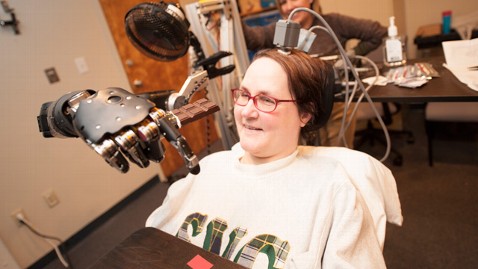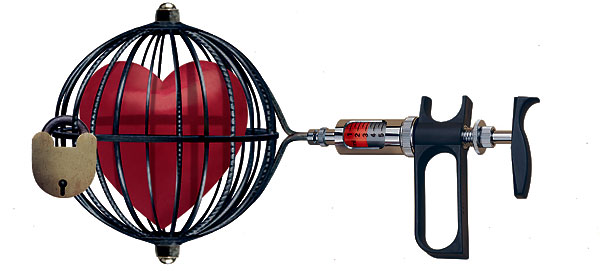The International Cycling Union has stripped Lance Armstrong of his 7 Tour de France wins . UCI president Pat McQuaid said: “Lance Armstrong has no place in cycling. He deserves to be forgotten.”
The UCI is acting in response to a “Reasoned Decision” by USADA , which claims Armstrong presided over “the most sophisticated, professionalised and successful doping programme that sport has ever seen”.
The decision includes the findings that:
“He was not just a part of the doping culture on his team, he enforced and re-enforced it.”
And the conclusion that, with their disposal of Armstrong:
“So ends one of the most sordid chapters in sporting history.”
Public condemnation has been swift, and harsh:
“Lance Armstrong has made it hard for anyone to trust cycling”
(British Cycling boss Dave Brailsford) .
“LANCE Armstrong is a creep. A liar, cheat and a bully. So awful is Armstrong, you are right to question whether all his work for cancer patients is not just calculated camouflage to protect his abuse of drugs, his competitors, teammates and supporters.
He is not just part of the drug regime that saturated cycling when he was at his peak, but he has been that culture’s bodyguard. Its enforcer. And he remains so today, arrogantly dismissing the US Anti-Doping Agency findings by telling the world through Twitter that he was “unaffected” by the release of the 1000-page investigation findings. No one in sport has lived a bigger lie.”
The Australian
It is hard in the face of the evidence presented to imagine that Armstrong rode clean. Nevertheless, he has become a scapegoat for endemic problems in cycling and sport that go far beyond the purview of any one rider, however successful and charasmatic.
Read More »The Ban on Doping, Not Armstrong, Is the Problem with Cycling: Armstrong Is a Scapegoat for Cycling’s Hypocrisy


